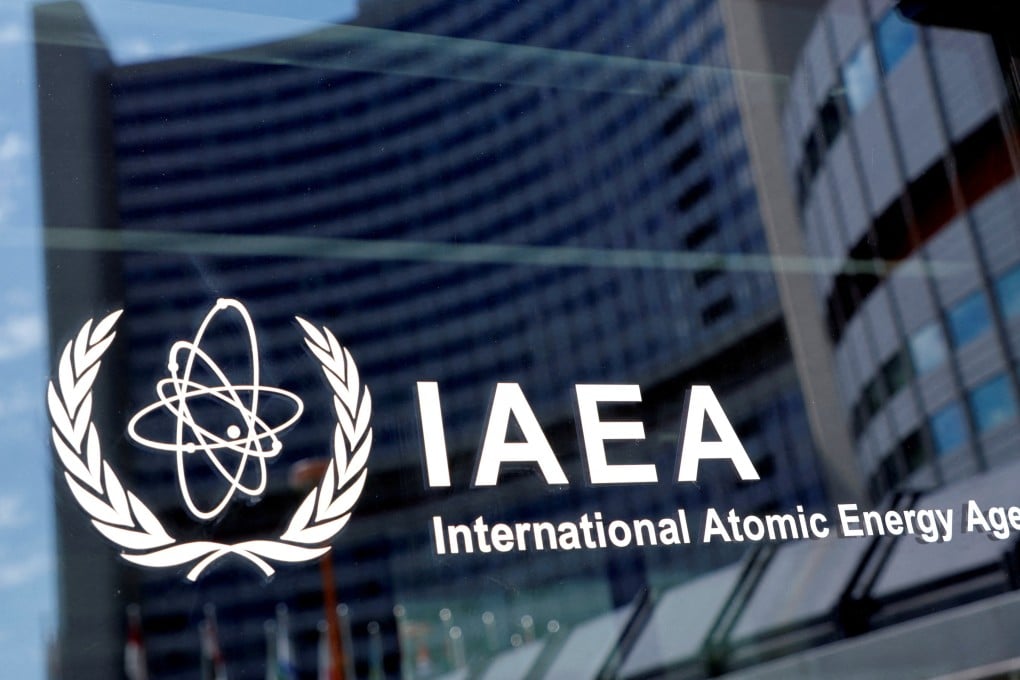China protests to International Atomic Energy Agency over Aukus nuclear safeguards
- Beijing’s representative Wang Qun complains that a recent report made misleading conclusions about the risk of nuclear proliferation
- The three-way security pact will see Australia acquiring nuclear-powered submarines from Britain and the US

“[The IAEA director general] should not go in the wrong direction, let alone down the dangerous path, in endorsing the nuclear proliferation acts of these three countries,” Wang Qun, China’s permanent representative to the United Nations and other international organisations in Vienna, said on Monday.
“The IAEA, as a non-proliferation agency, would directly violate its own statute and the Non-Proliferation Treaty if it endorses the legality of the Aukus countries’ proliferation activities,” he said.
Wang was commenting on the IAEA director general Rafael Mariano Grossi’s report on the agency’s Aukus safeguards, which were issued on September 9 and made available to its member states but not publicly disclosed.
Wang accused Grossi of overstepping his authority and said the report made misleading conclusions about the submarine deal and whether it constituted a violation of the Non-Proliferation Treaty.
“That was neither compliant nor legal. It is absurd,” Wang said.